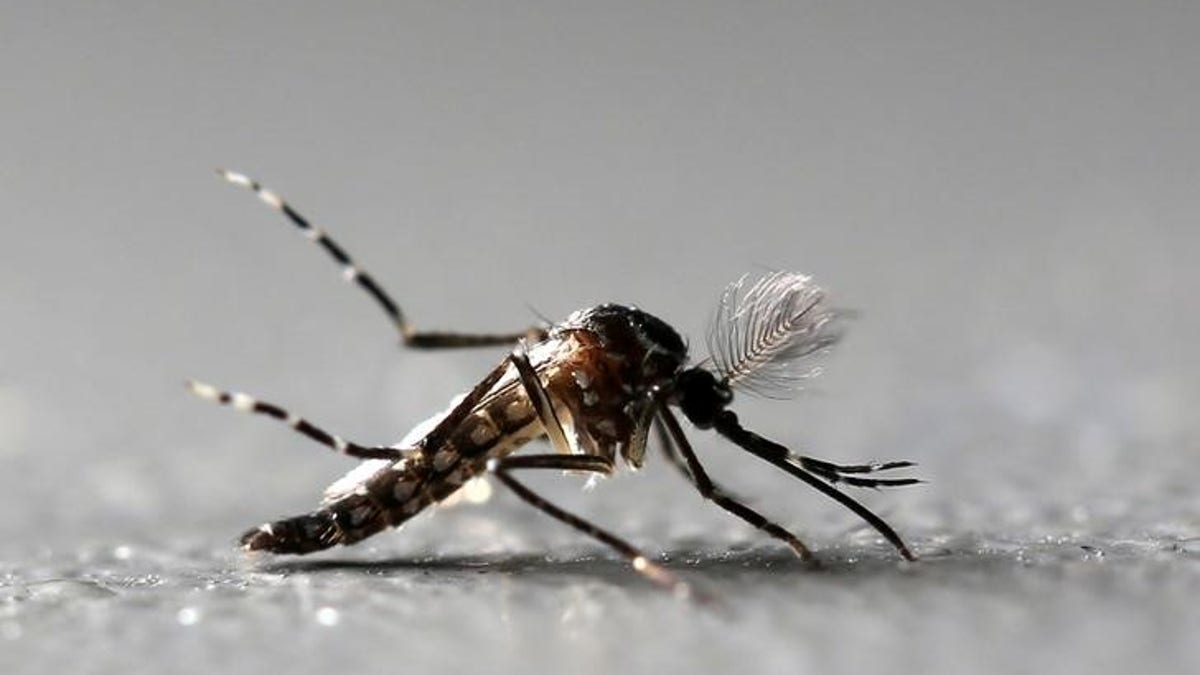
Can the Zika virus treat brain cancer? (iStock)
Researchers in the U.K. are set to test whether the Zika virus can fight difficult-to-treat brain cancer by attacking its cells, potentially opening up new pathways to treat the aggressive disease. Researchers will focus on glioblastoma, which is the most common form of brain cancer and has a five-year survival rate of 5 percent, Reuters reported.
QUINOA 'MILK' DIET KILLED BABY, AUTHORITIES SAY
The Zika virus causes severe birth defects in an unborn fetus when contracted during pregnancy by attacking developing stem cells in the brain. However, the disease does not have the same devastating effect on fully developed brains, suggesting that if scientists can harness the virus’ ability to attack the cancer cells, which are similar to developing brain stem cells, healthy brain tissue will go unharmed.
“We’re taking a different approach, and want to use these new insights to see if the virus can be unleashed against one of the hardest-to-treat cancers,” Harry Bulstrode, a lead researcher at Cambridge University, said, in a statement to Reuters.
ITALY VOTES TO MAKE VACCINES MANDATORY
Researchers will use tumor cells in mice to test the virus, and hope that it will slow tumor growth.
“If we can learn lessons from Zika’s ability to cross the blood-brain barrier and target brain stem cells selectively, we could be holding the key to future treatments,” Bulstrode told Reuters.
Active outbreaks of the mosquito-borne illness were reported in at least 51 countries and territories, with pregnant women advised to avoid travel to so-called virus “hotbeds.” In addition to birth defects, Zika has been associated with neurological disorders including brain and spinal cord infections. Long-term health consequences remain unclear.
Reuters contributed to this report.
